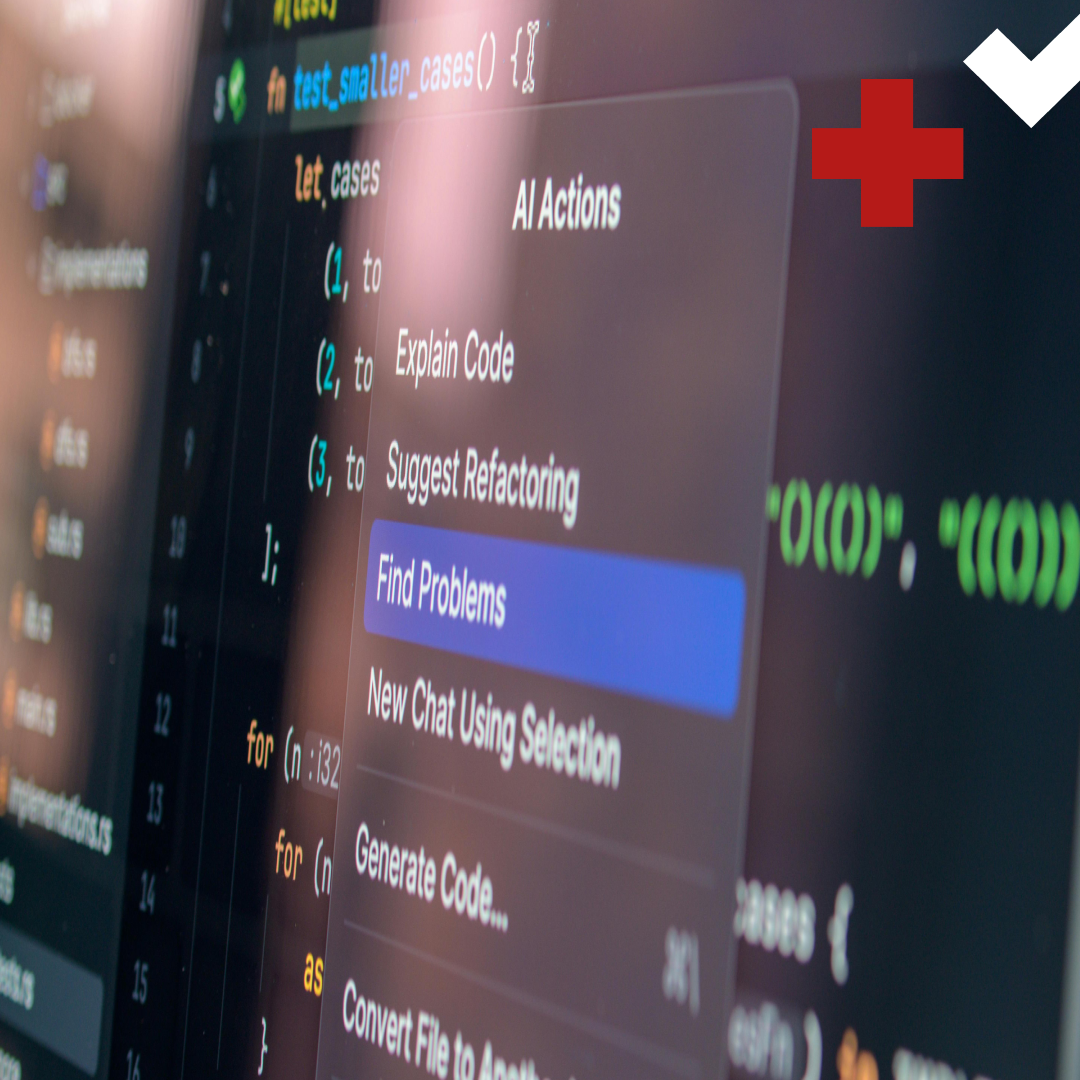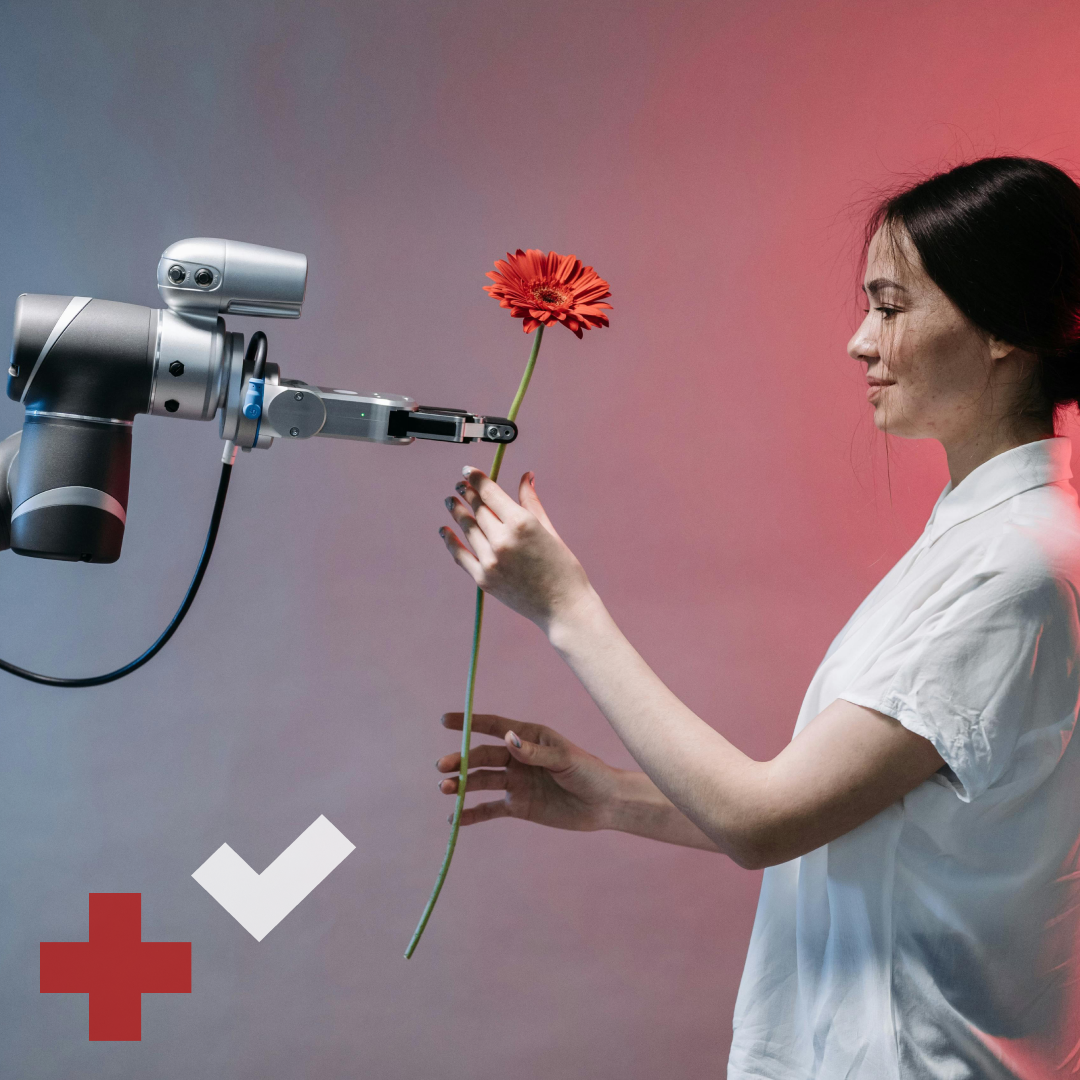By Chairman, Bruno Plasch
The next five years will define the next fifty. As AI permeates every layer of our digital infrastructure, quality assurance must evolve or become irrelevant. The days of functional checklists are over.
Testing in 2026 means balancing automation with ethics, and efficiency with responsibility. It’s about moving fast, but with caution.
At Swiss Testing Day 2026, we are calling on QA professionals, developers, and tech leaders to become more than engineers.
To become Guardians of Trust. Because the future of AI is not just a technical challenge – it’s a human one.
This conference isn’t just about learning new tools…
It’s about embracing a new mission:
To hold machines accountable
To protect against algorithmic harm
To embed transparency, explainability, and fairness into every release
The world doesn’t need more test automation. It needs testers who understand what’s at stake.
We’re building the quality assurance blueprint for an AI-dominated world and we need bold minds to shape it.
Join us. Because if we don’t test AI thoroughly, AI will test us… and we may not like the result.
Don’t miss out on Super Early Bird tickets and guarantee your place for just 399 CHF. That’s 200 CHF saved for coffee, chocolate, or post-conference celebrations!
Current Trends as a Compass
Swiss Testing Day 2026 builds on current tech trends driving this transformation of quality assurance. According to Gartner, approximately 70% of organisations will adopt AI-driven testing by 2025 to accelerate and enhance the precision of their software releases. At the same time, Gartner forecasts that by 2026, 20% of organisations will use AI to automate management tasks, necessitating close human-machine collaboration to maintain motivation and control.
Autonomous AI assistants (software agents) are also becoming more prevalent: by 2028, 33% of all enterprise software is expected to incorporate such agents, a clear indication that test processes will increasingly be influenced by AI decisions. This trend underscores the need for robust guardrails. Gartner emphasises the necessity for AI governance, including policies and platforms designed to oversee AI systems in terms of ethics, quality, and security.
For testers, this means that data quality and human oversight become essential foundations for successful AI implementation. Only with consistent test data and critical observation can we avoid unreliable or biased AI outputs.
Our testing approaches must broaden, from purely functional testing to monitoring AI behaviour in production environments (Shift-Right) and testing for unusual edge cases. The key challenge for 2026 will be balancing automation with human judgment.
Quality assurance will become the mediator between highly automated DevOps pipelines and real user needs.
In short: “Augmented Quality” – quality enhanced by AI but guided by human expertise.
Topics we’re enthusiastic about exploring
- AI-Driven Testing & Hyperautomation: How can testers leverage AI and Holistic Automation to dramatically accelerate test case generation, execution, and analysis? This trend reflects increasing automation and continuous testing.
- Human-Centred AI Testing: Focus on testing methods for AI systems that prioritise ethics, fairness, and human-centric values. Methods and tools to enable optimal collaboration between humans and AI in quality assurance and development.
- Testing AI Systems & AI Governance: Methods and tools for examining machine learning models, from bias detection and security assessments to regulatory compliance. How can we build trust in autonomous system decisions? This includes quality assurance through ethical standards, transparency, explainability, and responsible AI implementation. Robustness, safety, and reliability testing of AI and robotics in critical, unpredictable environments. Where do humans fit in this loop?
- Human-Machine Collaboration in Daily Testing: New working models where AI “co-pilots” repetitive tasks while testers define strategic quality objectives. What skills will QA roles require in the future?
- Quality Assurance for Autonomous and Intelligent Systems: From self-driving cars to service robots – how do we test AI behaviours in open, unpredictable environments? Emphasis on robustness, ethics, and safety (e.g., anomaly detection or emergency scenarios).
- Augmented QA & Test Automation: AI-supported and intelligent test automation, simulation of complex scenarios, and proactive testing of autonomous systems. For testers, this means that data quality and human oversight become essential foundations for successful AI implementation.
- Human-Centred AI & User Experience: Quality engineering focused on human needs, e.g. usability testing for AI assistants, validating personalised recommendations, and Human-in-the-Loop concepts.
Guardians of Trust: A Wake-Up Call for the AI Era
By the year 2030, artificial intelligence is no longer a tool, it’s an invisible force shaping decisions in healthcare, finance, justice, transportation, and even war. AI systems diagnose patients, hire employees, approve loans, recommend prison sentences, and steer autonomous vehicles through city streets. We trust machines with human lives and often, without even realising it.
But here’s the problem: We’re moving too fast. AI is advancing exponentially, while oversight, testing, and ethical safeguards lag dangerously behind. We are building systems that learn unpredictably, act autonomously, and evolve beyond our control. Without intervention, this is a recipe for disaster.
Who will step in?
Enter the Guardians of Trust – a new generation of testers, quality engineers, and tech leaders who refuse to accept blind trust in machines. They challenge the status quo. They ask the hard questions. They build guardrails before society drives off a cliff.
These guardians test not just functionality but integrity. They simulate edge cases no one wants to imagine. They catch the invisible biases and ethical lapses embedded in training data. They push AI systems to their limits, not to break them, but to ensure they won’t break us.
This isn’t about slowing innovation. It’s about ensuring innovation doesn’t outpace our humanity.
Subscribe to the newsletter and stay tuned for more snippets from Swiss Testing Day.





